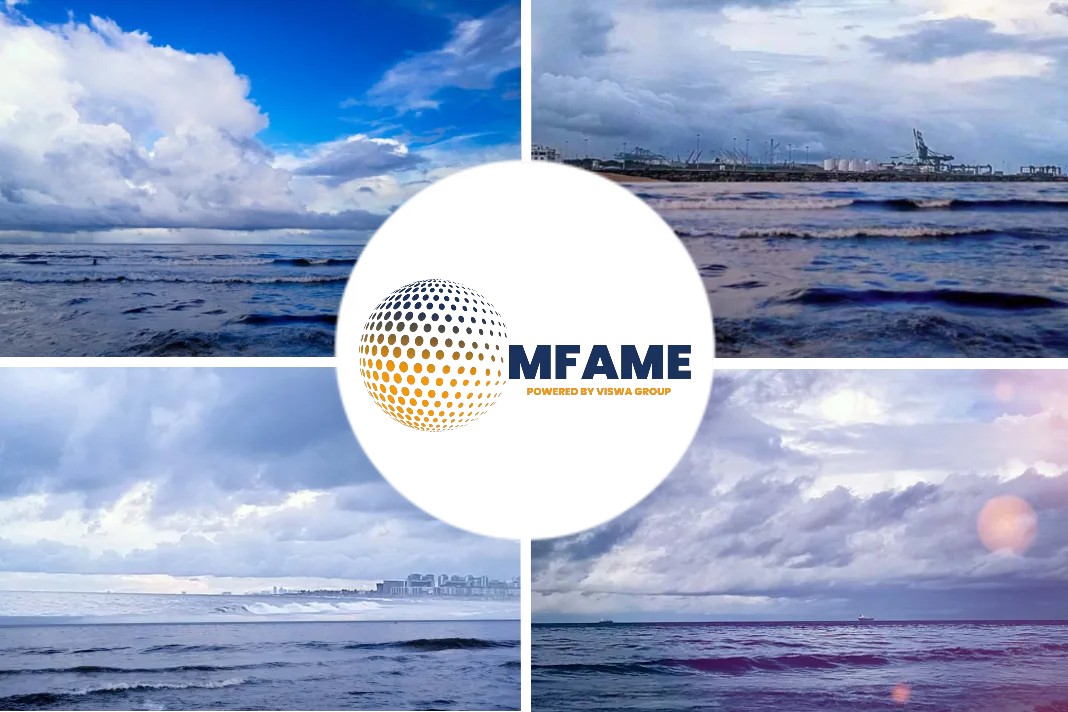- The International Chamber of Shipping has submitted plans to the industry’s UN regulator, the International Maritime Organization (IMO).
- It details the urgent measures which governments must take to help the industry achieve net zero CO2 emissions by 2050.
A recent news article published in the ICS Shipping states that Shipping industry sets out bold plan to global regulator to deliver net zero by 2050.
Shaping the Future of Shipping
Just one month before the shipping industry’s flagship COP26 decarbonisation conference ‘Shaping the Future of Shipping’, ICS (which represents 80% of the global shipping industry), is pushing governments to double the ambition of the IMO’s current target, which is to reduce emissions from international shipping by 50% by 2050.
The plans include a compulsory R&D fund to develop zero-carbon technologies, and the development of a carbon levy for shipping to expedite the transition to more expensive zero-carbon fuels.
Need to accelerate decarbonisation timelines
In its submission, shipping accepts the vital need to accelerate decarbonisation timelines. But it states that a net zero target by 2050 will only be plausible if governments take the necessary actions to achieve this.
The industry has therefore taken the unique step of proactively setting out the measures that must be taken by governments to make decarbonisation by 2050 a reality rather than a soundbite.
The adoption by IMO of a net zero target will send the very strong signal sought by the industry, as well as energy providers, shipbuilders and engine manufacturers, so that investments in green fuels and technology can be accelerated and scaled.
25-year life of new oceangoing ship
Given the typical 25-year life of new oceangoing ships, if the industry is to meet an ambitious net zero target, thousands of zero-emission ships will need to be in the water by 2030.
It will therefore be critical for the IMO to adopt those urgent measures required to accelerate an increase in Technology Readiness Levels.
A key step is for governments to approve the establishment of the US5 billion IMO Maritime Research Fund (IMRF) at a critical IMO meeting this November, just two weeks after COP 26.
This call supports the IMRF
This call supports the IMRF ($5billion R&D Fund) proposal which will provide guaranteed levels of funding to accelerate the development of zero emission ships, without requiring governments to use taxpayers’ money.
This is because the IMRF will be funded by mandatory R&D contributions from shipowners globally, via a US2 levy, which the shipping industry wants in place by 2023.
To expedite the transition to net zero
To expedite the transition to net zero, ICS has also made a comprehensive proposal setting out the architecture for a broader carbon levy applicable to shipping, which will be considered by IMO Member States at a meeting in mid-October.
This global carbon levy will help close the price gap between zero-carbon and conventional fuels and could be used to provide the billions of dollars needed to deploy essential new bunkering infrastructure required in ports worldwide, to ensure consistency in the industry’s green transition for both developed and developing economies in the run up to 2050.
Talk is cheap, and action is difficult
Esben Poulsson, Chairman of ICS, said: “Talk is cheap, and action is difficult. So, our net zero offering sets out the ‘how’ as well as the ‘what’ for decarbonising shipping by 2050. We’re saying to governments that if they really want to reach net zero, they need to move from empty commitments to tangible action.
“A net zero carbon ambition is achievable by 2050. But only provided governments take the unglamorous but urgent decisions needed to manage this process within a global regulatory framework.”
Effective and equitable proposals to ensure that we can decarbonise
John Adams, Chairman of the ICS GHG measures working group commented: “We have expended a great deal of senior industry leaders time deliberating and analysing the most effective and equitable proposals to ensure that we can decarbonise our industry quickly and effectively. If adopted by governments at the IMO, these measures could lead to regulation that will swiftly move the shipping sector and associated industries towards a zero-carbon future.
“Governments can make a huge statement of their intent to get behind this new timeline by approving the industry’s proposed $5bn R&D fund in November at the IMO.”
Plans for the sharing of intellectual property
The proposal, available here also includes plans for the sharing of intellectual property amongst industry innovators in zero carbon technologies, to accelerate the pace of change within shipping.
We’re trying to reach net zero
Guy Platten, Secretary General, ICS concluded: “This is a unique case of an industry demanding to be more tightly regulated on carbon emissions, and putting its hand up to do the grunt work of getting there. We’re not trying to win headlines – we’re trying to reach net zero.
“If a net zero target is to be more than a political gesture, governments need to recognise the magnitude of the challenge of phasing-out CO2 emissions from large oceangoing ships. Only these proposed measures can tackle the innovation and knowledge gap, and challenges of a global equitable transition, that shipping’s decarbonisation presents.”
Did you subscribe to our daily newsletter?
It’s Free! Click here to Subscribe!
Source: ICS – Shipping

















